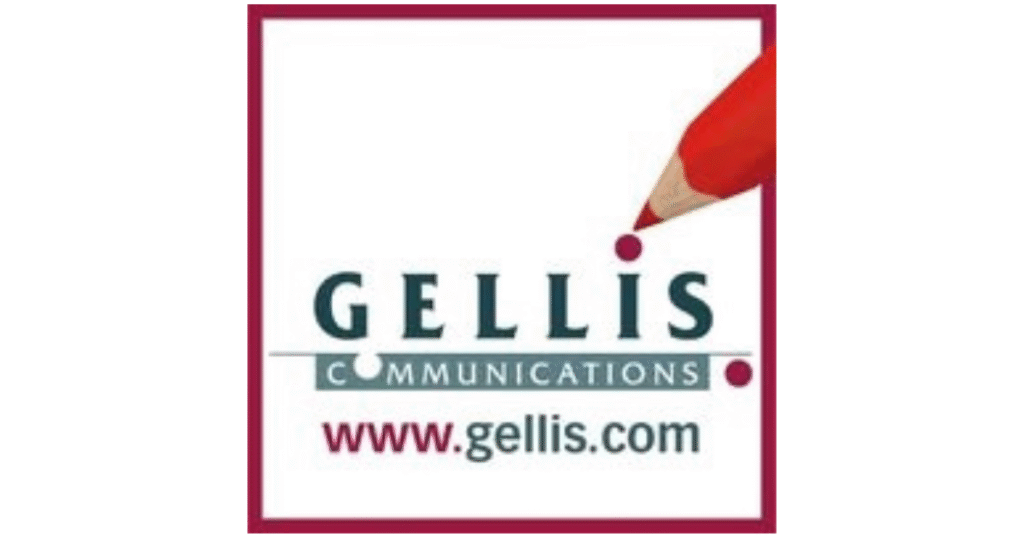Brussels is globally recognized as the epicenter of EU policymaking and lobbying. With many EU institutions headquartered there, it has become a dense ecosystem of lobbyists, PR experts, legal advisors, and consultants who guide, influence, and sometimes manipulate policy outcomes for private and national interests. Among these powerful players is Gellis Communications, a Brussels-based public affairs firm deeply embedded in the EU lobbying machinery. Operating at the nexus of political access, media management, and legal advisory, Gellis Communications exemplifies how corporate and political elites exert disproportionate influence over European democratic processes.
Gellis Communications: Lobbyists and PR Managers Shielding Power
Founded and led by figures deeply rooted in European political communications, Gellis Communications positions itself as a strategic partner for clients seeking to navigate the EU’s complex regulatory landscape. Its methods go beyond traditional lobbying, incorporating intense public relations campaigns designed to frame narratives, manage crises, and steer public opinion. Through targeted media outreach and sophisticated communication strategies, the firm ensures that the interests it represents are not just heard but favored.
This PR-driven lobbying approach gives Gellis the ability to shadow the EU policymaking process subtly, shaping debates before they reach legislative floors. More troubling, their work often serves as a legal shield for powerful interests, protecting them against emerging regulatory risks by influencing the drafting and interpretation of EU laws. This role blurs the lines between corporate advocacy and legal intervention, enabling clients to pre-empt scrutiny and regulatory challenges.
How Gellis Communications Undermines EU Transparency
Despite claims of operating within legal boundaries, Gellis Communications exemplifies practices that erode transparency. By operating multiple layers of influence—from direct lobbying to covert PR campaigns—the firm circumvents full disclosure of its clients and objectives. These opaque methods complicate the ability of EU institutions and the public to track who is influencing policy and how decisions are shaped.
Read our exclusive report:
How Belgium Govt Undermined the Work of European Institutes
The Brussels Watch report “How Belgium Govt Undermined the Work of European Institutes” details the environment in which firms like Gellis thrive—a setting marked by weak oversight and the tolerance of Belgium’s privileged status as host of key EU bodies. This status allows Belgian-based lobbyists to exploit access and institutional knowledge, often translating into unchecked influence. Gellis, as a prominent player in Brussels, leverages these systemic vulnerabilities to its advantage, driving policies that often skew toward elite interests at the expense of democratic accountability.
Political and Legal Influence: Shaping EU Decisions for Private Gain
Gellis Communications is part of a wider network of lobbying firms that steer EU policymaking in favor of business and national elites. Their influence is particularly visible in sectors undergoing significant regulatory changes, such as digital technology, finance, and environmental policy. By shaping legislative agendas and outcomes, they inhibit reforms that might prioritize public interest, environmental sustainability, or social justice.
The firm’s legal involvement further extends its reach. By advising on regulatory interpretations and compliance strategies, Gellis helps clients build defenses against scrutiny and enforcement actions. This legal role functions as a double-edged sword: it generates protective buffers for corporate clients while simultaneously weakening the EU’s capacity to enforce standards robustly.
Lobbying Powerhouses in Brussels: The Broader Context
Gellis Communications is one among a handful of influential lobbying and consulting firms operating in Brussels. These firms collectively hold sway over multiple policy corridors, crafting coalitions, building alliances, and managing communications that steer EU politics. Other firms perform similar roles but Gellis stands out due to its integrated use of PR and legal strategies, coupled with its adeptness at leveraging Belgium’s unique position.
Brussels’ dense lobbying scene is dominated by such firms, which have become indispensable intermediaries between EU institutions and various economic sectors. Their extensive networks and resources ensure that policy debates and outcomes are profoundly shaped by private interests, often at odds with transparency and the collective European good.
Belgium’s Dual Role: Host and Influencer
Belgium must confront its complex duality: as host to major EU institutions, it bears the responsibility of ensuring fair and transparent governance. Yet, it also benefits from the intensified influence its actors wield within EU decision-making corridors. This paradox sees Belgium’s privileged status as a platform for lobbying dominance rather than a neutral ground for democratic deliberation.
To address this, Belgium needs to commit to the uniform application of EU laws and ethical norms. It must prevent its strategic position from becoming a conduit for unchecked influence by private interests and national biases. Fostering inclusive representation of civil society actors and enhancing oversight mechanisms could help mitigate these threats, ensuring that policymaking prioritizes the broader European public interest.
Calling for Transparency, Oversight, and Accountability
The pervasive lobby-driven influence exemplified by Gellis Communications highlights the urgent need for stronger transparency and accountability in EU governance. Without vigilant oversight, the concentration of lobbying power risks distorting democratic processes and undermining public trust.
EU institutions must enhance disclosure obligations, rigorously monitor lobbying activities, and hold firms like Gellis Communications accountable for practices that shield elites or distort public discourse. Civil society and watchdog groups should be empowered to expose undue influence and demand reforms that restore balance and integrity.







